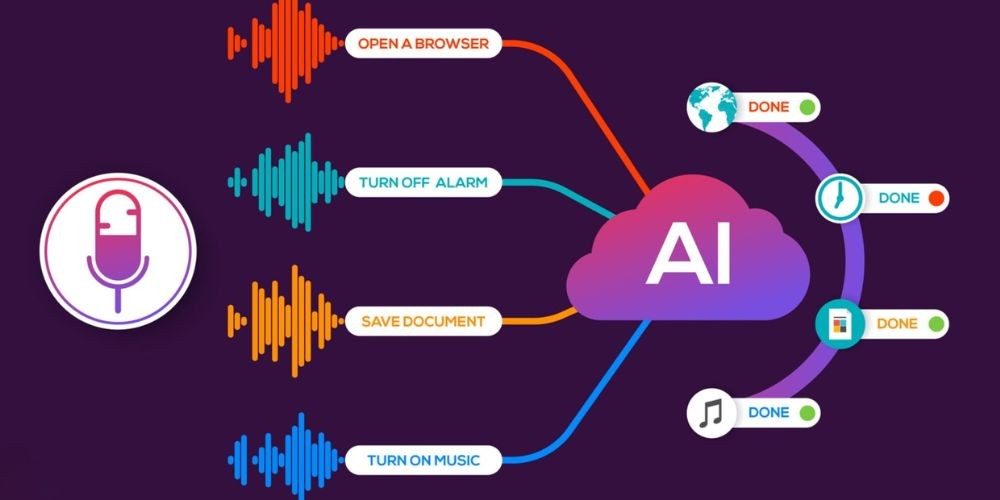Embracing the Future of Interaction with LAION's BUD-E: The Open-Source Voice Assistant
- Feb 18, 2024
- 356

As the quest for digital privacy heightens, a gallant stride towards a more secure, user-friendly voice assistant emerges from Germany's nonprofit initiative. The Large-scale Artificial Intelligence Open Network (LAION), celebrated for curating massive AI datasets, boldly unveils its latest conquest, BUD-E—a fully open voice assistant intended for seamless use on consumer-level hardware.
The impetus behind BUD-E's advent is the palpable need for a voice assistant that transcends the limitations of existing options. Previous models are often confined to basic command responses, needing more depth and richness of human conversation. LAION envisions a future where BUD-E, short for "Buddy for Understanding and Digital Empathy," elevates user experience through fluid, natural exchanges, and context-aware interactions, charting a course for the next generation of digital companions.
LAION's ambitious roadmap seeks to imbue BUD-E with a level of emotional intelligence that has eluded predecessors, enabling it to engage with multiple speakers simultaneously, a true testament to its advanced conversation handling. It’s underpinned by collaborations with the Ellis Institute, tech-consultant Collabora, and the Tübingen AI Center, drawing upon Microsoft’s Phi-2 for language processing, StyleTTS2 for realistic speech generation, and FastConformer's accurate speech recognition technology.
Even as BUD-E remains a nascent project, its potential resonates with the aspirations of open-source advocates and privacy-conscious users alike. LAION's commitment to license-free integration suggests BUD-E could revolutionize the incorporation of voice assistants into myriad applications, setting a new standard for accessibility and commercial viability. The immediate focus is crafting an unparalleled interactive experience; however, the organization pledges to address broader linguistic and accent diversity incrementally.
Innovation can carry ethical implications, and LAION treads cautiously yet confidently with BUD-E's development. Proposals like facial emotion analysis, while groundbreaking, stir debate about privacy and bias. Nevertheless, the tenacity of adhering to the EU's stringent AI Act standards underpins LAION's resolve to imbue BUD-E with an ethical compass equal to its technical prowess. In a world that depends more and more on digitally-driven interactions, BUD-E promises to be a beacon for user empowerment, privacy, and elegant communication, paving the way for inclusive and empathic AI assistance.
